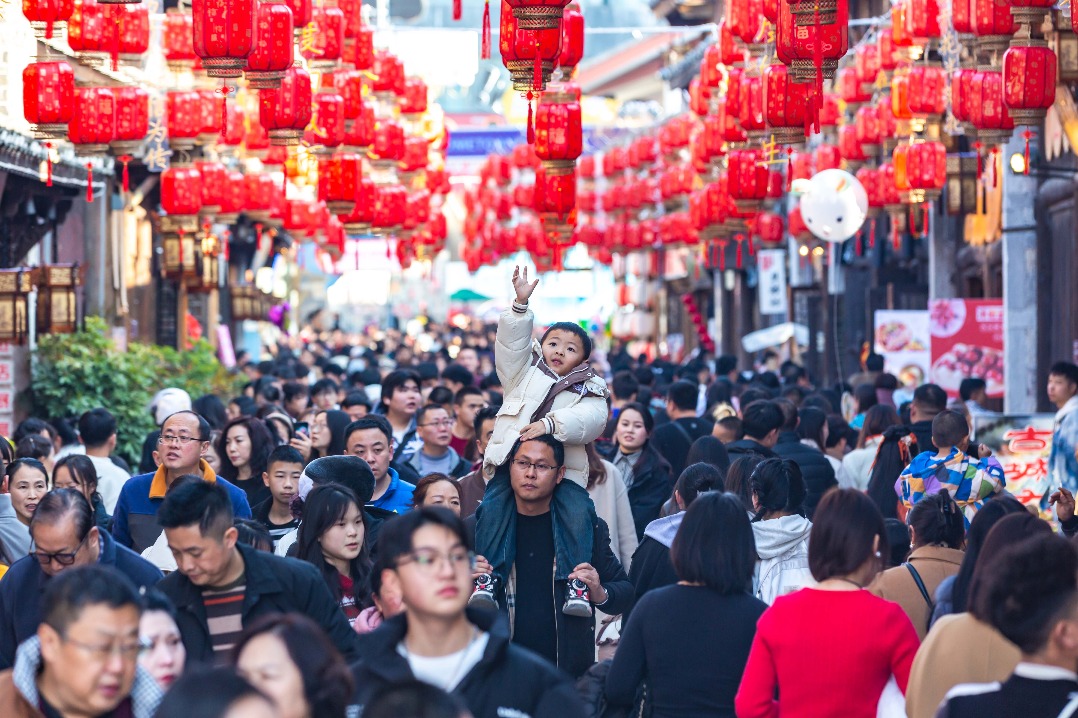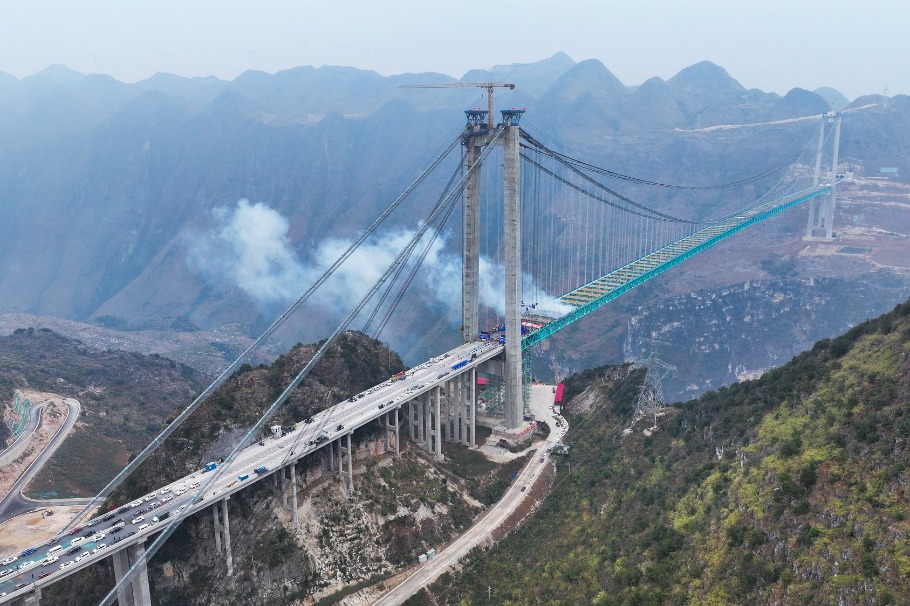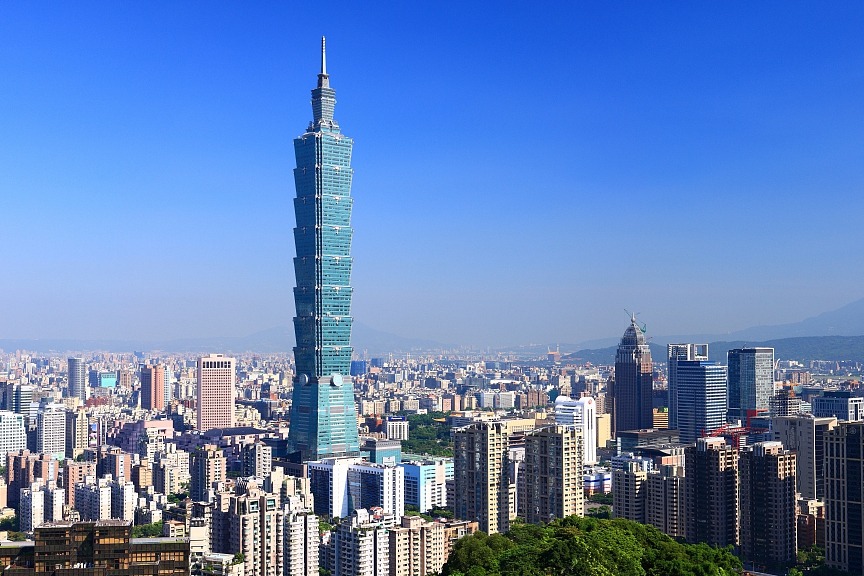China looks to optimism, not nostalgia

Recalling the years of loss, sacrifice and hard work
Chinese people would not have such a fond view of their modern history. They would need to deal with the tragedy first of the period at the end of the Qing Dynasty (1644-1911), when a country which was weak and often divided remained open to foreign colonial exploitation. They would then need to survey the vast catastrophe of China's War of Resistance Against Japanese Aggression (1937-45), and the loss of life this entailed. And then they would remember the years of sacrifice and hard work as they tried to reconstruct their country. Throughout this period, there were setbacks, immense challenges, and the great specters of poverty and crisis to face.
Young Chinese today would look upon this history as one they certainly don't regard with nostalgia. They can appreciate the stalwart spirit of their immediate forebears, but they would not want to have this era back. For them, the future is not about being like the past. It is about something new and different, and better.
That gives the view of Chinese people toward their own country a dynamism that is different to that prevailing spirit in much of the West. Tomorrow has to be better than today, and completely different from the past. There is no appeal to fond looking back. Trump's America states it wants to make the country "great again". In China, the desire is simply to make the country great. And while there are appeals to the memory of imperial grand eras of the past, these figure more as statements of cultural confidence, not of trying to recreate the Tang Dynasty (618-907) or the Han Dynasty (206 BC-220 AD) in the present.
Sense of dynamism about the future is power asset
That sense of dynamism about the future, and about an era which is imminent where China for the first time in the modern era is able to say it is a middle-income country with a global status, creating a form of modernity on its own terms for itself, transcends the bounds of politics. It is an immense national resource, much more so than simple production of growth and wealth. It is in this area that the country probably has its most power asset.
Nostalgia after all is often a retreat to a refuge of what has been, not what is going to happen next. And in China, the focus is on precisely that-a tomorrow which, while it will be many things, cannot be like the past.
The author is a professor of Chinese Studies at King's College London and director of the Lau China Institute.


































